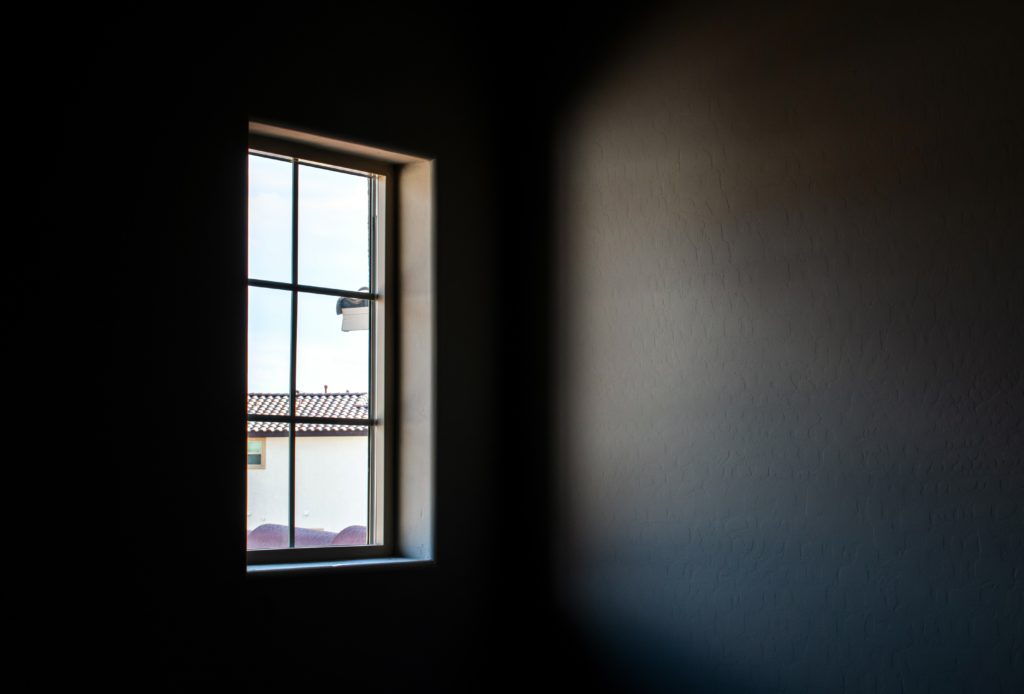You Also Have an Internal Experience

“The stress or unease that is dukkha — alienation, despair, uncertainty, lack of control, grief, frustration, fear, anger, longing — constitutes your mind and heart’s resistance to life being simple as it is,” writes Phillip Moffitt in Dancing with Life.
Here’s the rest of that text, which I’ll be referencing at tonight’s Tuesday Night Insight:
“Dukkha can also be understood as the discomfort of inhabiting a body with all its physical vulnerabilities and pain. And it can refer to the unease you experience because you have conscious knowledge of how scary and uncertain life is and the inevitability of death. Sometimes the words unsatisfactory and unreliable are used to describe dukkha, for the way life can let you down when things don’t go as you’d hoped and planned.
“There is suffering that originates from external events and the suffering you experience because of how you process those events in your own mind.
“It is an objective fact that your life is filled with challenges, from illness to conflict with others to the death of loved ones. An outside observer witnessing your life would be able to confirm that this is so. But in addition to — or more accurately, in reaction to — these objective painful experiences, you also have an internal experience. Your mind is filled with a seemingly endless stream of emotions that arise in reaction to what’s going on around you.
“It is this subjective type of suffering that the Buddha is primarily addressing in the First Noble Truth. As you deepen your understanding of this richer and more complex meaning of dukkha, you will find opportunities for freedom and well-being that you never even knew existed.”
***
Photo by Ryan Franco on Unsplash
It Signals Your Willingness to be Transformed

Here is the excerpt from Dancing with Life by Phillip Moffitt, which I’ll be referencing at tonight’s Tuesday Night Insight:
“If you try to deny the truth of dukkha [suffering] or run from it, you will be consumed by your desires, dislikes, and fears. The sole solution is to open to the fires created by the discomfort of your mind and body in such a way that you are transformed by the heat, softened, and made stronger by it.
“Being present with your dukkha is a daunting task because it means that you must abandon many of your mental defenses (including denial, rationalization, blaming, and judging) against life’s assaults. Essentially, the Buddha is asking you to embrace your own unease, to submit to the undeniable reality of your vulnerability in this human form, and to open your heart to the truth of life just as it is. In Buddhism, this recognition of ‘the way things are’ is referred to as tathata or the ‘suchness’ of the moment.
“At first, being with the suchness of your own suffering may seem a pointless, uncomfortable, indulgent, or self-pitying practice. But you’ll be surprised to discover that rather than being morose or unpleasant as most people anticipate, it is actually calming, relieving, and empowering. Long before you find final liberation from the cause of your suffering, just learning to be with it brings enhanced peace and meaning to your life.
“By simply choosing to be present with your pain, you signal your willingness to be transformed, to allow the purification process to begin. When you embrace life just as it is and just as you are, it ignites a mysterious process of inner development. You are voluntarily submitting to the purging fire of the felt experience. You will feel more authentic and be aware of a fuller, richer, more vital presence in yourself; others will notice as well.”
***
Photo by Reno Laithienne on Unsplash
Then What Happens, Happens

Last night at Tuesday Night Insight, I read a few lines from Teach Us to Sit Still, by Tim Parks, (from the excerpt I’d posted here). There seemed to be a lot of interest in the book, so for today I’m posting a longer excerpt, this time from the Afterword:
“Let me sign off with a few words about this morning…
“After a moderately interrupted night, I rose before six and went down in the dark to the bedroom that used to be my son’s. Since the days are growing chill, I pulled on a sweater and tracksuit trousers, then set the alarm on my cell phone for seven. One can’t always have a Tibetan gong.
“There’s not much space here. I keep a blanket folded on the floor, a cushion to sit on, a couple of beanbags to slip under the knees. One day the left leg tucks in first, the next day the right; for symmetry. Careful not to hurry, I wrap a shawl round my shoulders, switch off the lamp and sit.
“The room is pitch dark now. The shutters are closed. The Iron Maiden poster beside the door is invisible. In the silence I say no formulas; I do not take refuge in the Dhamma or wish for all beings to experience sympathetic joy. I am not prayerful. But taking a deep breath, I am aware of the sleeping house around me: of Lucy in the next room, Rita under the quilt upstairs, the dog curled in his basket, all of us up here on the hill, looking south across the Italian plain.
“Morning thoughts rise like bubbles. I concentrate on the breath in my nostrils, on my lips. Only steady awareness of the body will still that mental fizz. I’m not concerned when I don’t success. The aim is quiet, but I will not crave it. Now I catch myself composing an e-mail: Dear Prof. Proietti, although… Now I’m replaying Torres’s goal last nigh against Man U. Where was Rio? Stop. I take the mind back to the breath. Back and back again, again and again, until eventually the two fuse in a whispery stream on the upper lip. A warm tide swells in my chest. My wrists are pulsing.
“There is nothing mystical about this…
“But as words and thoughts are eased out of the mind, so the self weakens. There is no narrative to feed it. When the words are gone, whether you are in Verona or Varanasi hardly matters. Whether it is morning or evening, whether you are young or old, man or woman, poor or rich isn’t, in the silence, in the darkness, in the stillness, so important. Like ghosts, angels, gods, ‘self,’ it turns out, is an idea we invented, a story we tell ourselves. It needs language to survive. The words create meaning, the meaning purpose, the purpose narrative.
“But here, for a little while, there is no story, no rhetoric, no deceit. Here is silence and acceptance; the pleasure of a space that need not be imbued with meaning. Intensely aware, of the flesh, the breath, the blood, consciousness allows the ‘I’ to slip away.
“So if I can recount the first minutes, I can’t tell the rest. There are deepenings. There is a liquefaction of some kind, the thighs flowing into the calves, the head into the breast. And there are resistances: stones, obstructions, pains. The mind goes back and back to them. An ankle. A shoulder. Maybe they will shift, and maybe not. I am absolutely awake. I hear Rita pad downstairs with the dog behind her. I hear a motor scooter straining up the hill. And I am not there. I am in the stream.
“Then the alarm sounds and I must move. I’m up, dressed and getting Lucy into the car in just a few minutes. By ten past seven we are speeding down the hill, trying to beat the traffic light at San Felice. Lucy is anxious about some homework, a possible low grade. I repeat the parents’ mantra: you do your best, then what happens happens.”
***
Indeed.
***
(photo by Kevin Ortiz on Unsplash)
The Opposite of Suffering is Not Happiness

At tomorrow’s Tuesday Night Insight group, I’m going to be talking about the First Noble Truth, which Phillip Moffitt describes in Dancing with Life as the Buddha’s proclamation that “suffering is an unavoidable reality of ordinary human existence that is to be known and responded to wisely.”
“When you collapse into suffering,” Phillip writes, “it is because your ego sees suffering as a personal failure and feels humiliated. This sense of failure is based on the ego’s mistaken idea that winning in life means no suffering.
“Your ego may well be under the delusion that the opposite of suffering is happiness. When your ego believes this, then every moment of suffering is felt as a personal defeat, insult, indignity, or proof of your inadequacy or of life being unfair. This is subjective suffering, self-centered and neurotic…
“Your ego isn’t bad, nor are you a bad person because you have an ego. The ego is a result of causes and conditions and, in my view, is necessary for a healthy, whole life. I tell students: don’t leave home without it, but don’t let it drive the vehicle on your spiritual journey…
“But if the opposite of your suffering isn’t happiness, then what is it?
“Non-suffering is having a relaxed, composed mind that is fully present with whatever is occurring in the moment. And it is the capacity to be in relationship to whatever is arising such that you’re able to respond from your deepest intentions. And it is a feeling of relatedness in your life that is free from aversion to suffering.”
***
Photo by Pablo Heimplatz on Unsplash
